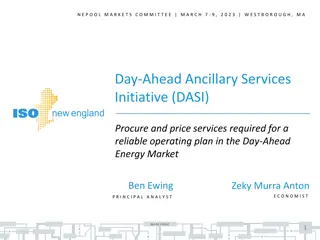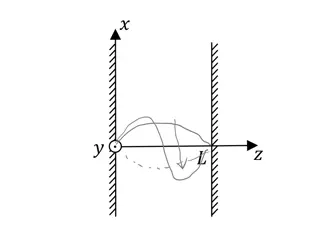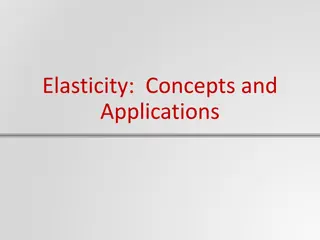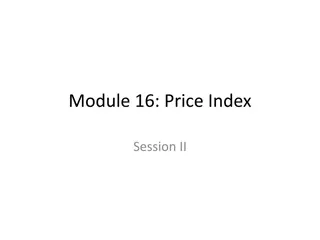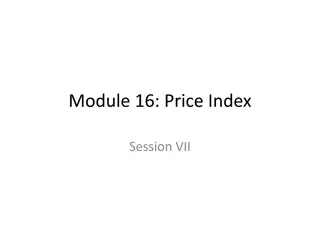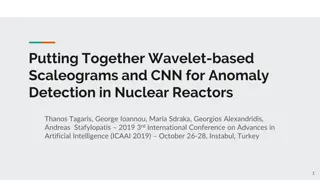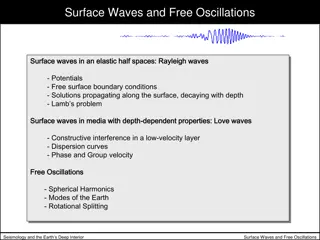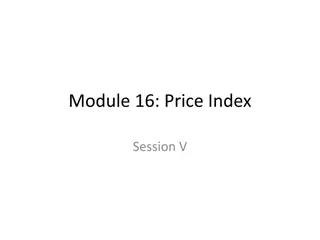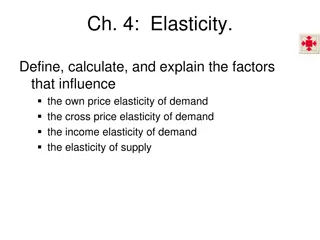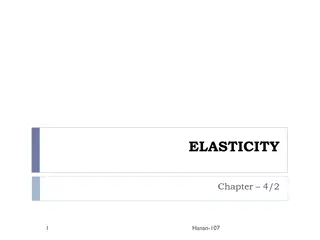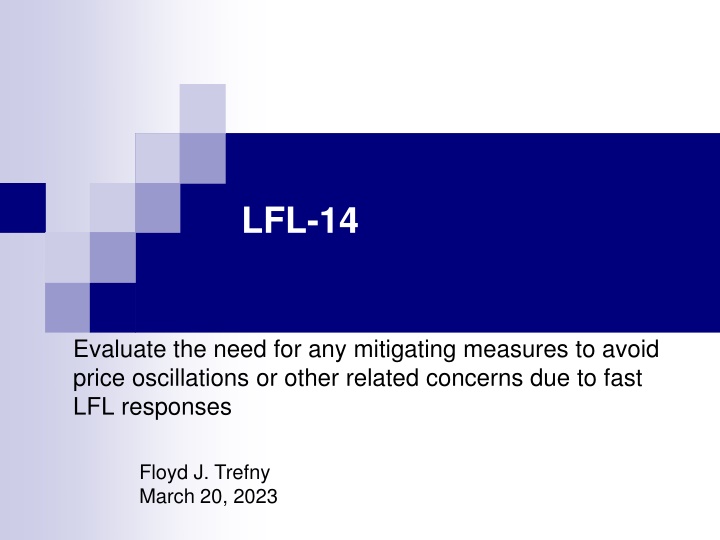
Mitigating Measures for Price Oscillations in Fast LFL Responses
Explore the need for mitigating measures to prevent price oscillations in rapid Load-Frequency Control (LFL) responses. Strategies are discussed to address system challenges when multiple organizations reduce consumption simultaneously, along with managing non-SCED dispatched loads and ERCOT Operations interruptions effectively.
Download Presentation

Please find below an Image/Link to download the presentation.
The content on the website is provided AS IS for your information and personal use only. It may not be sold, licensed, or shared on other websites without obtaining consent from the author. If you encounter any issues during the download, it is possible that the publisher has removed the file from their server.
You are allowed to download the files provided on this website for personal or commercial use, subject to the condition that they are used lawfully. All files are the property of their respective owners.
The content on the website is provided AS IS for your information and personal use only. It may not be sold, licensed, or shared on other websites without obtaining consent from the author.
E N D
Presentation Transcript
LFL-14 Evaluate the need for any mitigating measures to avoid price oscillations or other related concerns due to fast LFL responses Floyd J. Trefny March 20, 2023
LFL-14 Evaluate the need for any mitigating measures to avoid price oscillations or other related concerns due to fast LFL responses There are two areas of concern, First: If the opportunity costs of LFLs between multiple organizations is relatively the same, then the likelihood of those organizations desiring to drastically reduce consumption at near the same time could be a problem for the system to absorb. SCED can manage basepoints and resulting ramp rates to alleviate this problem but may cause some LFLs to purchase power when not desired. Will LFLs bid curve contain a change in price? For example, a 1000 Mw LFL who bids a step change of $200 may end up with a base point of 575 Mws until such time as another option is open to SCED from another LFL or generator For non-SCED dispatched loads who all have near the same opportunity costs all respond at the same time,
LFL-14 Evaluate the need for any mitigating measures to avoid price oscillations or other related concerns due to fast LFL responses There are two areas of concern, First (continued): For non-SCED dispatched loads who all have near the same opportunity costs all respond at the same time, SCED will see the load change in 5 min and start to correct at a resulting lower price. When the lower price is observed by non-SCED dispatched loads, they may desire to return to normal causing SCED to correct with again higher prices. Price oscillation can occur. Repeats Possibly becomes a battle between LFLs with bids in the pennies
LFL-14 Evaluate the need for any mitigating measures to avoid price oscillations or other related concerns due to fast LFL responses There are two areas of concern, Second: For non-SCED dispatched non-firm loads that ERCOT Operations needs to forcibly interrupt because price response has not been effective. Some LFL loads may be hedged or for some other reason remain on during reliability problems Typically, ERCOT will direct QSEs to interrupt a percentage of their non-firm LFL that adds to no more than 500 Mws. If the total amount of LFL load remaining on is very large, multiple deployments must be made. Generation reduction may be limited by lower ramp rates. Allowing multiple LFLs to return to service will also likely need to be done slowly in similar 500 Mw blocks but dispatched to the QSEs by percentages
Recommendations SCED manages the changes it allows a Basepoint to move from one execution to another. That ramp rate is telemetered from the QSE, but must be limited. Suggest limits of 5% down & 2% up of HSL per minute In non-emergency conditions, for non-SCED LFLs where process controls allow, limit changes in load to no more than 5% down & 2% up of maximum per minute. Limits suggested are only the initial limits as ERCOT must gain some experience in actual operations.


